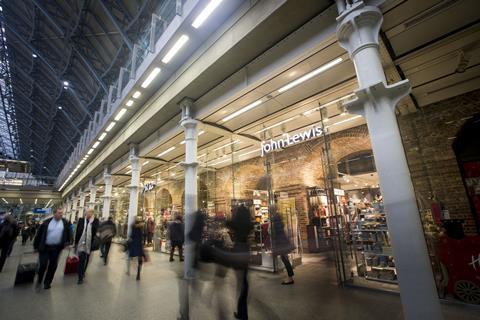
John Lewis was included on a list of employers “named and shamed” by the UK government for paying staff below the legal minimum on Thursday, as ministers seek to show they are clamping down on abuses of workers’ rights (The Financial Times £).
The employee-owned partnership was one of 191 companies including care homes, childcare services and farms which were fined for owing a total of £2.1m to more than 34,000 workers, as part of the government’s bid to show that it is cracking down on the abuse of workers (The Guardian).
A row has broken out over the “naming and shaming” of companies which fail to meet minimum pay rules, with the John Lewis Partnership understood to be furious after it was identified as an offender (Sky News).
The Telegraph goes with the headline: “‘Never knowingly underpaid’: John Lewis hits out after being named Britain’s worst minimum wage offender.” Department store caught up in row with ministers after being publicly outed over claims that it failed to pay £940,000 to 19,000 workers.
Pret, McColls and Welcome Break are among almost 200 firms “named and shamed” by the government for not paying workers the minimum wage (BBC News).
The breach by Pret, the coffee and takeaway meals chain, related to childcare vouchers, it said, which had “inadvertently caused remuneration to fall below minimum levels” (The Times £).
John Lewis is the latest retailer to offer lorry drivers a £1,000 sign-on bonus and higher salaries as the industry grapples with a chronic shortage of HGV drivers (The Telegraph).
The Financial Times (£) has a feature about shop owners taking the wheel after UK driver shortage hits supplies. “Convenience stores at ‘breaking point’ as farmers blame Brexit and ‘pingdemic’ for production cuts,” the paper writes.
The battle to run the National Lottery for the next decade has been delayed as a result of the pandemic travel restrictions (The Telegraph). Operator Camelot has been given a six-month extension to keep running the National Lottery until 2024.
The competition to win a 10-year licence to run the National Lottery has been postponed for a second time, signalling a potential £42m windfall for the incumbent operator Camelot, which is already under scrutiny over the amount of profit it makes (The Guardian).
The Gambling Commission said that a preferred applicant was unlikely to be revealed until February at the earliest as it added at least ten weeks to the UK’s fourth lottery licence competition (The Times £).
Petrol prices have hit the highest level in eight years as the post-pandemic recovery heightens global demand for fuel, according to the RAC (The Telegraph).
The price of petrol went up by 3.4p per litre in July – the biggest increase since January and the ninth monthly rise in a row, figures from motoring body the RAC showed (The Guardian).
The economic recovery slowed last month as the pingdemic hit consumer spending and staffing in Britain’s dominant services sector (The Times £).
Growth in Britain’s dominant services sector has slowed to its weakest since March after businesses were hit last month by a triple whammy of bottlenecks, workers self-isolating and a less generous tax break for homebuyers (The Guardian).
The boss of Legal & General has refused to be drawn into the controversy surrounding the sale of Vectura, the respiratory drug maker, to cigarettes group Philip Morris International, despite L&G being a leading shareholder in the pharmaceuticals company (The Times £).
The Hut Group is set to snap up online-only beauty retailer Cult Beauty for £275m (The Mail).
A former model and a management consultant are to cash in about £70m after the beauty site they founded was bought by fast-growing e-commerce company the Hut Group (The Guardian).
Uber revealed losses last night that were wider than expected after digging deep in an effort to attract hundreds of thousands of drivers back to its platform (The Times £).
Cats are still dying in significant numbers from a mystery illness that investigators believe may be linked to widely sold cat food brands, prompting concern that not enough is being done to warn owners about a nationwide product recall (The Guardian).







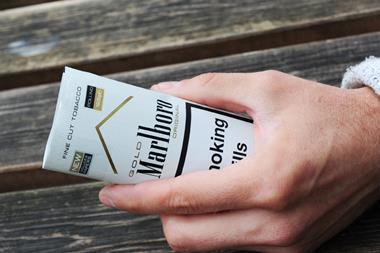
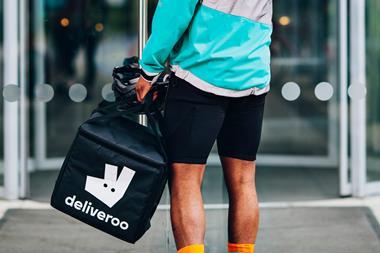
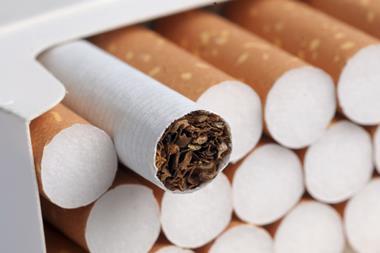
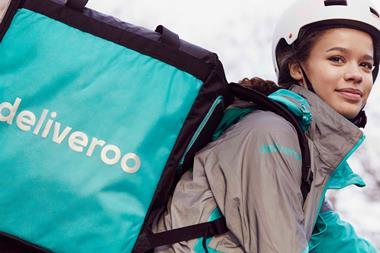
![Morrisons_Paper_Bags_2[36]](https://dmrqkbkq8el9i.cloudfront.net/Pictures/380x253/0/2/1/242021_morrisons_paper_bags_236_623262.jpg)
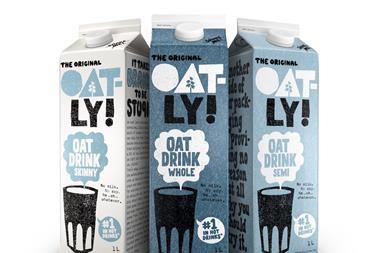
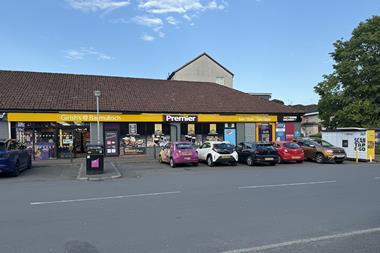
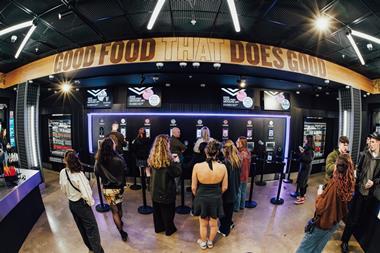

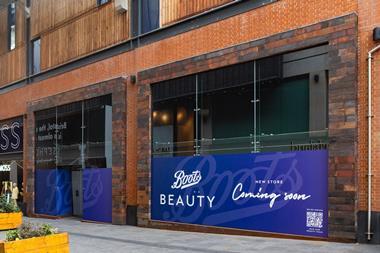
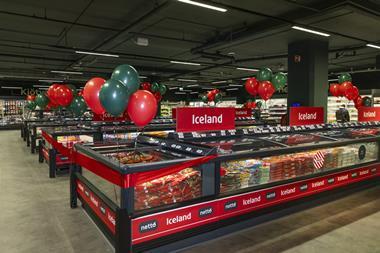
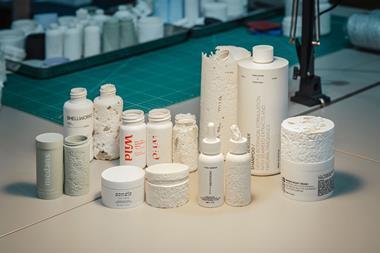
No comments yet